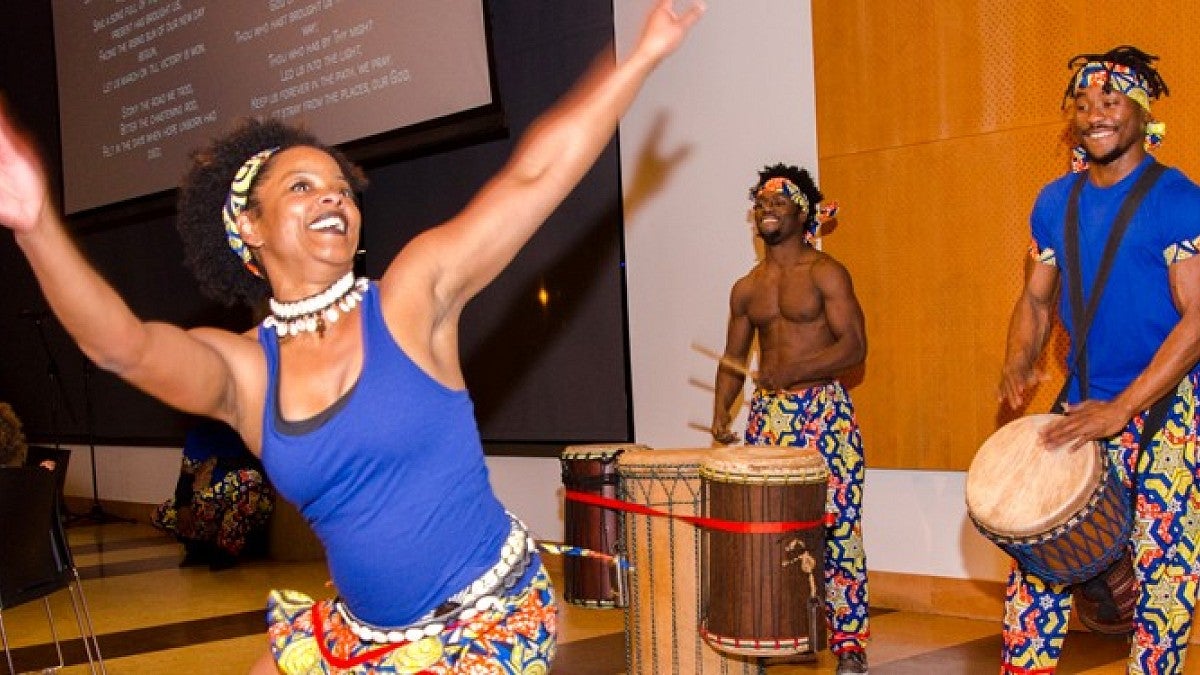The Umoja Pan-African Scholars, the University of Oregon’s newest Academic Residential Community, will launch this fall, giving black-identified students a place to live, connect and learn.
The community is one of the initiatives announced by President Michael H. Schill to enhance diversity and inclusion at the UO in response to a list of demands made by the Black Student Task Force in December.
“With the debut of Umoja in fall 2016, there will be 15 academic residential communities,” said Kevin Hatfield, director of UO academic residential and research initiatives. “ARCs build on the strengths of a residential college and create opportunities for transformative academic experiences for all first-year students. Through each ARC, students engage in interdisciplinary and cross-college partnerships with a focus on thematic curriculum.”
The focus of Umoja — which means unity in Swahili — is to cultivate a sense of belonging for students of African descent at the UO, while providing resources and support for residents’ social and academic needs.
“In regards to student development, I was noticing my black students were reaching particular milestones later than their white counterparts,” said EnJolí Alexander, residence life coordinator for the Living-Learning Center. “They seemed to lack a feeling of belonging and had academic struggles and mental health concerns from environmental stress. We were not giving them a space to thrive.”
“When spaces are created for underrepresented groups, it helps them feel a sense of home so they can grow. They get what they need to feel validated and are able to explore and grow into who they are.”
Alexander started developing plans for Umoja with a group of about 20 students, asking them what they would like to get out of a residential community for those who identify as black.
“They came back to me and said, ‘We want a place that we can learn about ourselves, our history, our politics, class and gender,’” Alexander said.
Freshmen students in the community will take a black studies curriculum, including Ethnic Studies 101, Umoja-specific seminars focusing on black pop culture and politics, and optional courses like African-American history. Faculty advisors for the program are ethnic studies professor Charise Cheney, , philosophy professor Naomi Zack professor and Vice President for Equity and Inclusion Yvette Alex-Assensoh.
This direct connection to faculty is a key feature of Academic Residential Communities, said Hatfield. “ARCs strive to shift students’ interactions with faculty from transactional to relational experiences and ultimately create social and intellectual spaces for mentoring relationships to emerge throughout a student’s first year on campus and beyond.”
“Umoja is open to students of all years, including those who are not currently living in University Housing,” Alexander said. “Having older students in Umoja will help set the community’s tone and provide opportunities for mentorship to younger peers.” We are really hoping that Umoja will be a space where black students can create community. We want students to find identity-based affinity here.”
—By Heidi Hiaasen, University Communications


